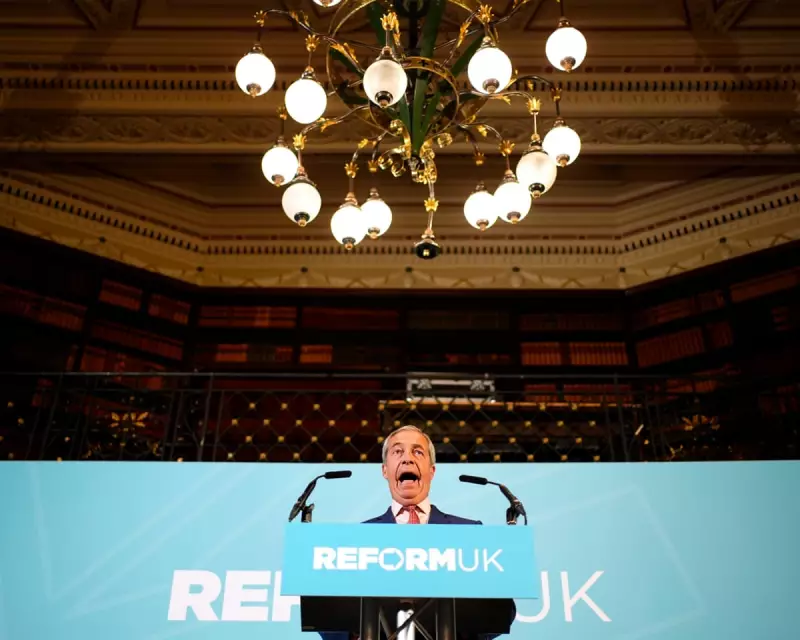
Nigel Farage has thrust immigration back to the forefront of British politics, unveiling a sweeping set of proposals aimed at dramatically reducing net migration. The Reform UK leader's plan, however, is already facing intense scrutiny over its financial arithmetic and practical feasibility.
The Core Proposals: A Radical Rethink
At the heart of Farage's strategy is a pledge to reduce net migration to zero, a stark contrast to recent record levels. His blueprint includes several key pillars:
- A strict, Australian-style points-based system that prioritises specific skills and earnings thresholds.
- An immediate cap on visas for critical sectors like social care and construction, coupled with a push to train domestic workers.
- A significant increase in the Immigration Health Surcharge, potentially doubling it to over £2,000 per person per year.
- A freeze on 'non-essential' visas until net migration falls below 100,000.
Do the Numbers Add Up?
The most contentious aspect of the plan lies in its financial underpinnings. Farage claims his policies would generate substantial savings for the Treasury, primarily by reducing pressure on public services like the NHS and schools. He points to a projected £20 billion in savings from lower immigration.
However, economists and policy analysts are sounding the alarm. They argue that this figure fails to account for the crucial economic contributions of migrants, including:
- Tax Revenues: Migrants are often net contributors to the public purse, particularly younger workers who pay taxes but use fewer services.
- Labour Shortages: Sectors heavily reliant on migrant labour, such as social care and agriculture, could face collapse, harming the economy.
- One-off Costs: Implementing a new system and training a domestic workforce would require massive upfront investment, not immediate savings.
The Practical Hurdles
Beyond the economics, the plan faces significant operational challenges. A points-based system requires a robust administrative framework, something the Home Office has struggled with in the past. Furthermore, the proposal to train British workers for roles currently filled by migrants is a long-term solution, not an immediate fix for critical shortages.
Critics also question the social care model, which suggests paying British workers more to take on these roles. While laudable, this would necessitate a huge increase in public spending or care costs, contradicting the narrative of fiscal savings.
A Political Gamble
Despite the scepticism, Farage's focus on immigration taps into a potent vein of public concern. By putting these proposals at the centre of his agenda, he is clearly aiming to pressure the Conservative government and attract voters who feel the current system is broken. Whether the public will be convinced by the sums behind the slogans remains the critical unanswered question.





